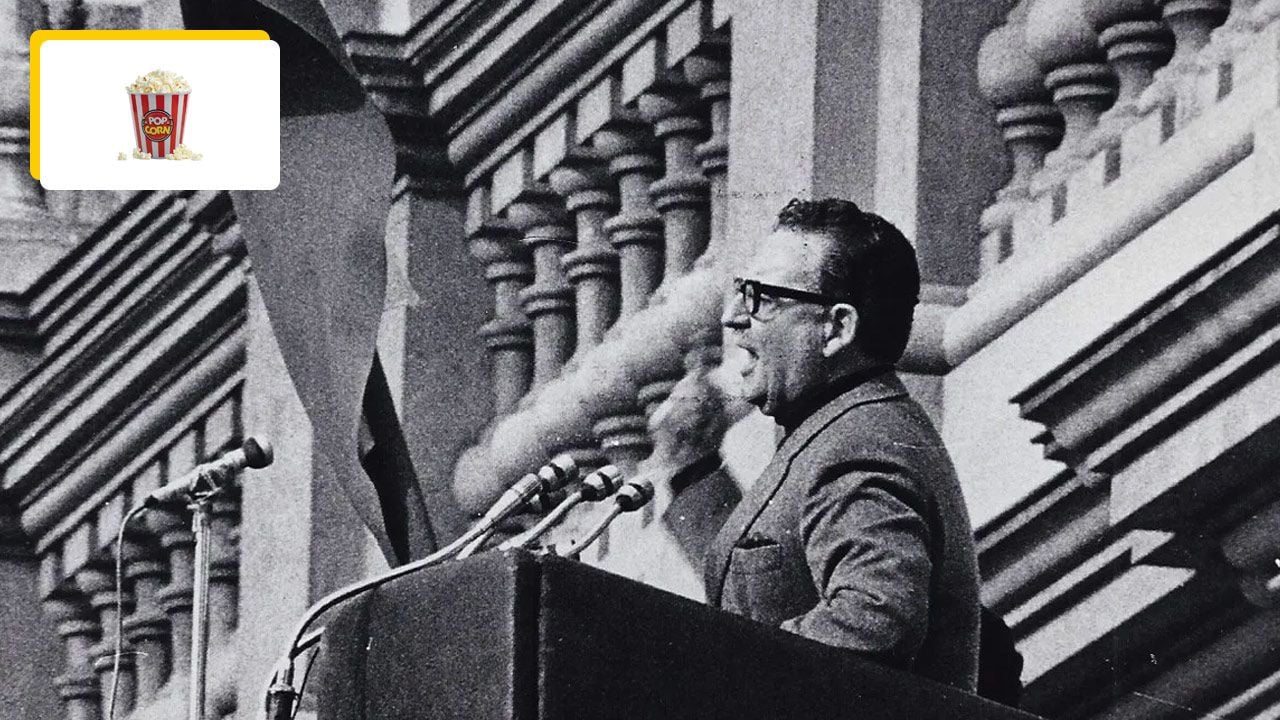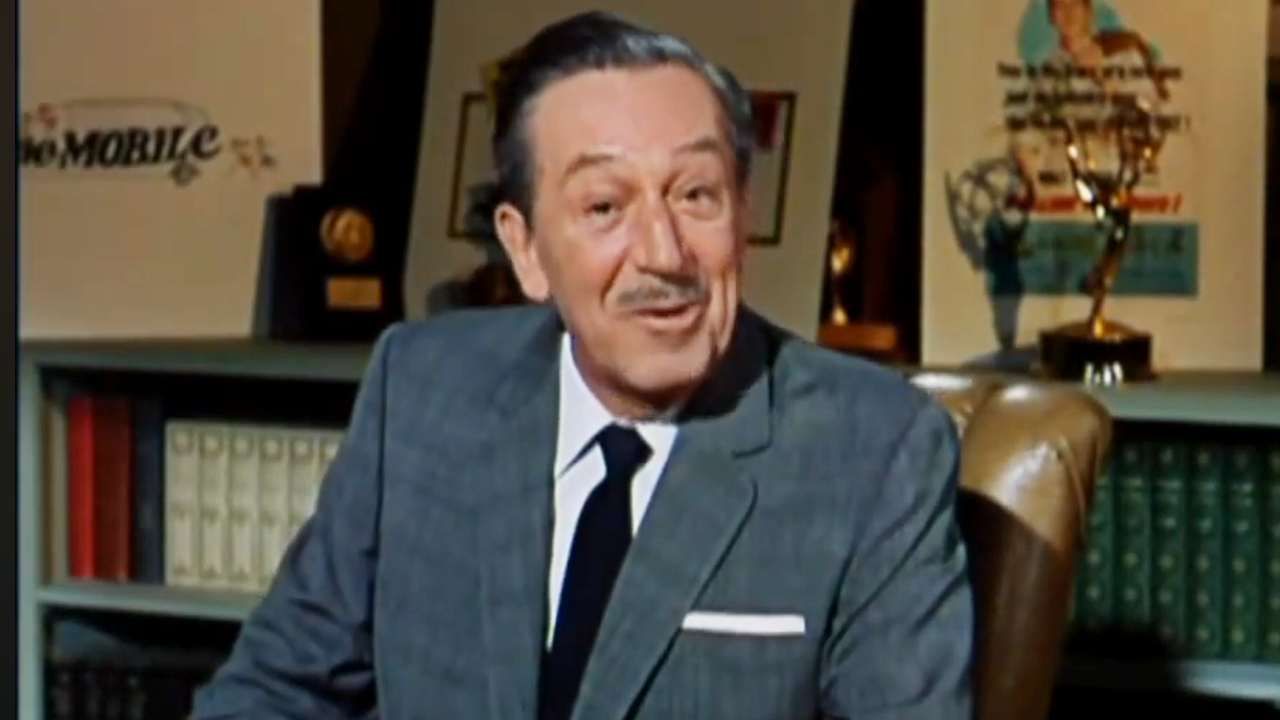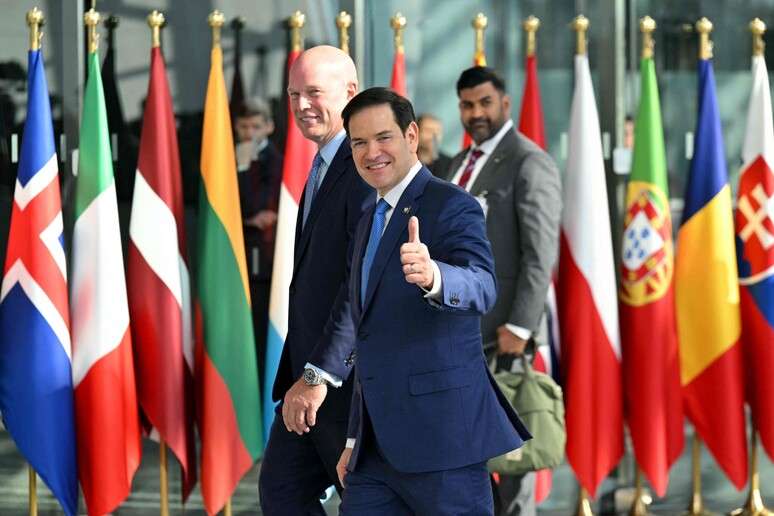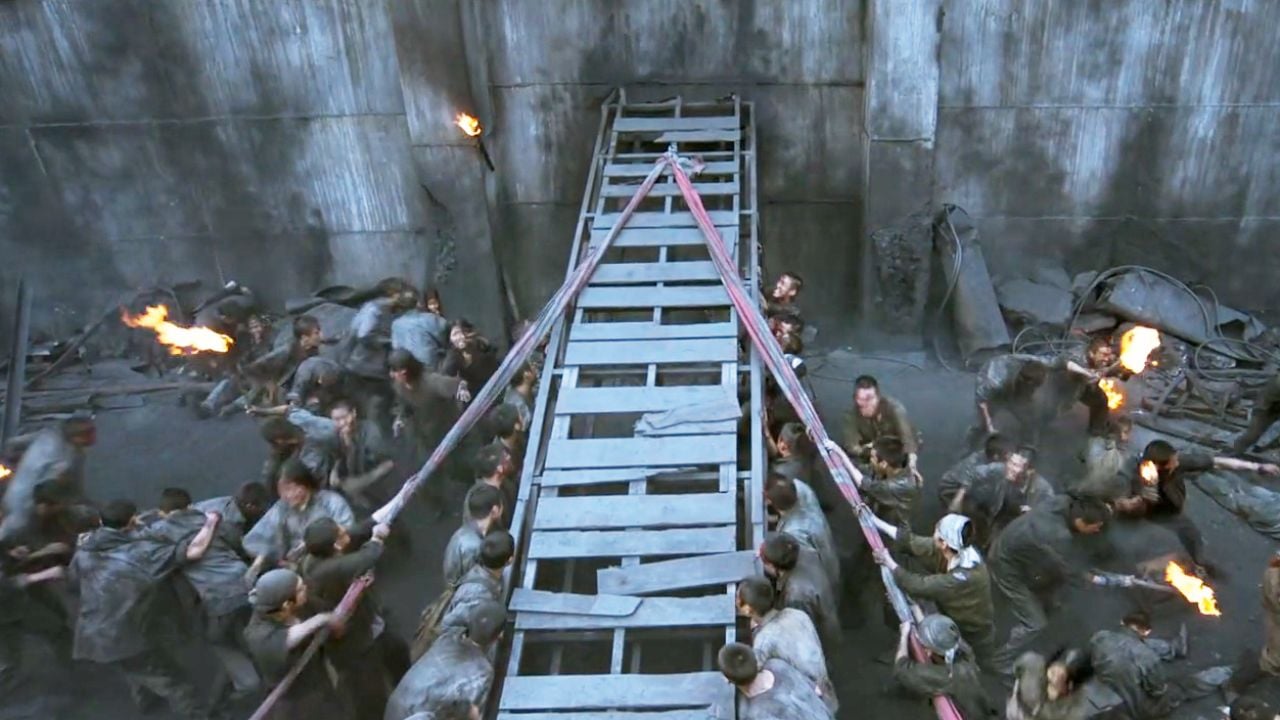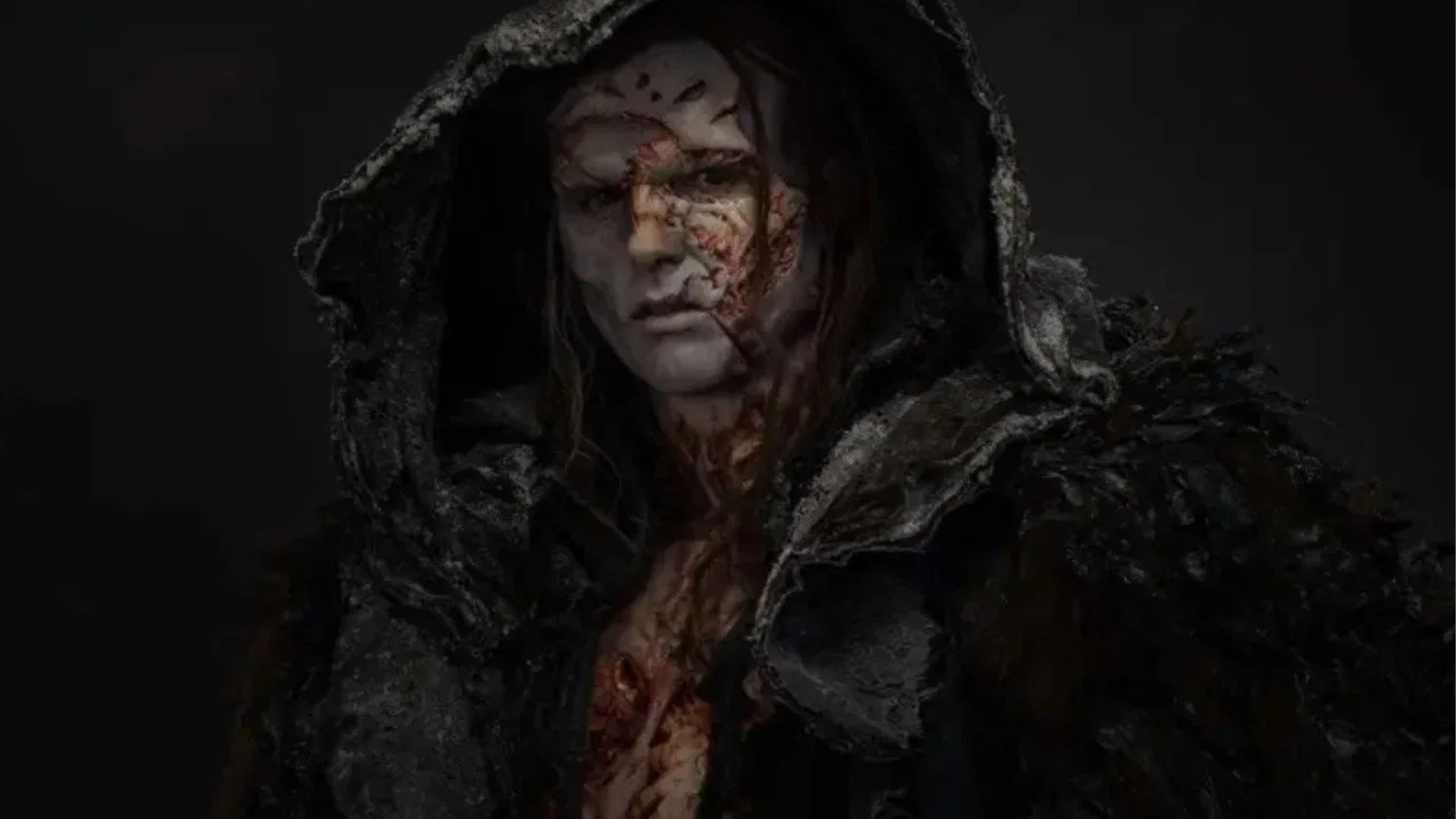Although it is naturally different in form from works of fiction, the emotional field opened up by documentary film can be absolutely devastatingly powerful. Because it deals with things that are sometimes intimate, with questions that deeply surprise and ask us, about our relationship with the world, others and living beings. Among these works is Monument: The Battle of Chile.
On September 11, 1973, the democratically elected president of Chile, Salvador Allende, was shot to death, and the last attack by coup soldiers took place on La Moneda, the presidential residence. Several putschists were led by a general, an officer who had recently fought to support the cause of the rebels: Augusto Pinochet. The beginning of a terrible dictatorship and repression that would last for 15 years, with thousands dead and missing.
“They arrested me at home and threatened me with death”
A monument to 1970s military cinema, Patricio Guzmán’s The Battle of Chile is rightfully considered one of the ten greatest political films in the history of cinema.
The 5-hour-long documentary, filmed in extremely dangerous conditions, is divided into three parts: “Bourgeoisie Revolt”, “Coup” and “People’s Power”. Filmed between 1973 and 1979, with Chris Marker and the Cuban Film Institute editing this feature-length film, it traces the history of Salvador Allende’s government, the march to the coup d’état, and Pinochet. dictatorship.
“At the age of 30, I was a privileged witness of the Chilean revolution. Before my eyes, as a young filmmaker, a revolution began, supported by millions of people who dreamed of social justice. The struggle of Chile is not a journalistic film. It is not an archival film. Written by Patricio Guzman.
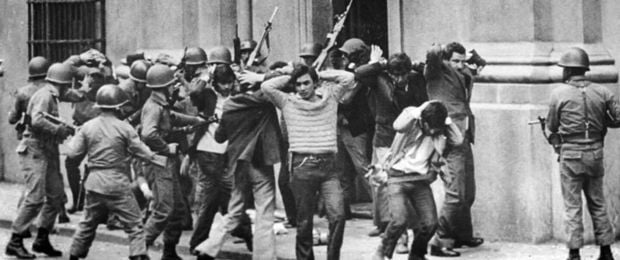
“It is cinematic evidence, day after day, of the agony of revolutionary experience affecting the entire world as it presents itself as a peaceful experience of the transition to socialism.” he explains.
“A few days after the coup, I was arrested at home and threatened with death. After that, I was detained at the national stadium for 15 days. When I regained my freedom, I left Chile with all my equipment and headed for Europe. Cuba, where I did post-production. Jorge Muller SilvaThe film’s director was arrested by Pinochet’s military police in November 1974. He is one of the thousands of missing Chileans…”
This documentary masterpiece was released on DVD in 2004 by Les Editions Montparnasse, unfortunately long out of print and never repressed. fortunately However, it can be viewed on the website of Arte.tv..
And you still have time, as it is available on the platform until August 2026. A must see at least once in your movie loving life. Judging by the dismal 22 audience rating on this film’s profile, it remains a colossal work of evangelism.
Source: Allocine
Rose James is a Gossipify movie and series reviewer known for her in-depth analysis and unique perspective on the latest releases. With a background in film studies, she provides engaging and informative reviews, and keeps readers up to date with industry trends and emerging talents.

